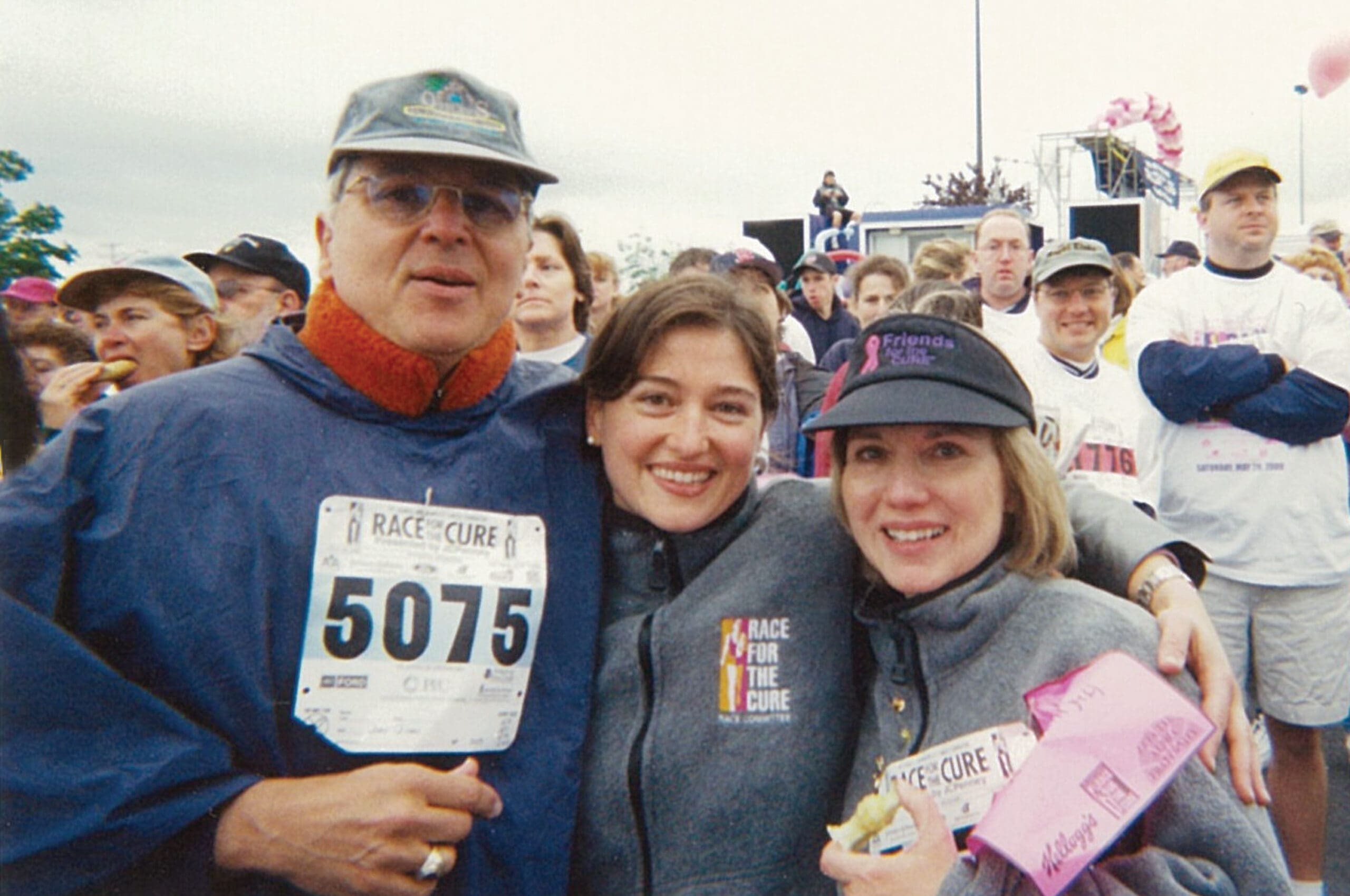By Maria Kondaridis
The impact women are having on lifesaving cardiovascular research is ever-evolving — and in a good way. I am currently the Gordon K. Moe Professor and Chair of Biomedical Research and Translational Medicine and Director of Research at the Masonic Medical Research Institute in Utica, NY. In addition, I am also an Associate Professor of Medicine at Harvard Medical School (part-time), in the Department of Medicine, Division of Cardiology at Beth Israel Deaconess Medical Center in Boston. My research program primarily focuses on the mechanisms underlying both congenital heart disease and end-stage heart failure, as well focuses on the processes that lead to abnormal development, dysregulated signaling and onset of autoimmunity, gastrointestinal disease, and neurocognitive disorders. Like many women, I strive to make impactful contributions to scientific research, to be instrumental in the understanding of disease mechanisms and to find effective strategies for treating cardiovascular disease. Women are needed in research and continue to change the field through their intellect, leadership, scholarship, and mentorship of other women.
Through their scientific and academic pursuits, many women have, either in the past or in the present, shaped the areas of active research. Importantly, the number of women succeeding in research and academia is now actively growing. This is in large part due to the concerted efforts of research institutions in focusing on professional needs and concerns of women in cardiology and research. Moreover, we are seeing that women are increasingly visible in many aspects of cardiology leadership, including in research, editorial boards, health systems, professional societies, and clinical practice. Bringing more women to the table has several added benefits, including getting improved quality of cardiovascular care for women, getting an increased perspective on poignant research questions, and getting dedicated individuals that will make a difference for the betterment of all humankind. These all-positive consequences also indirectly increase the numbers of women leaders in cardiology departments, professional meetings, speaking engagements and committees, a change that is now more evident than ever.
Many have asked me how it is that I got here, how I balance everything and how it is that I was able to rise to a leadership role in a field that has historically been male-dominated. The honest answer is that much of this is a consequence of mindful serendipity. And I definitely have not learned the art of anything to do with balance! Indeed, I view my life, like many, as a see-saw, where when work needs priority, I shuffle in one direction and when kids/family/life need me, I shift back to the other. Like that of many women in academic research, this is the reality of succeeding here, and ultimately is a consequence of what I call the three tenets of academic success: persistence, perseverance and grit.
Persistence is about taking chances, being bold and knowing the world needs smart, talented and hardworking women to make a difference. Perseverance is about learning it is ok to fail; indeed, failure teaches us things about ourselves that we may not have been able to learn in any other way. It is important is to learn to pick ourselves up, dust ourselves off and try again. Finally, there is grit, perhaps the single most important element. Grit is being determined, knowing your value, and never giving up, even when the path is hard and uncertain.
In the end, science, as we’ve come to realize, isn’t just about learning the facts; it’s a habit of mind, an approach to dealing with the world. The most important thing in science isn’t an organism, or a tissue, or a chemical formula. It is the wonder of always asking why-of working towards resolving a problem, making a change for the betterment of our community and our world, and for paving the road, not following the path already taken. Women are there now.
Maria Kontaridis, PhD, is the Gordon K. Moe Professor and Chair of Biomedical Research and Translational Medicine and Director of Research at the Masonic Medical Research Laboratory in Utica, NY. She is also Associate Professor of Medicine (part-time) at Harvard Medical School and Beth Israel Deaconess Medical Center. She recently attended the American Heart Association’s Scientific Sessions in Philadelphia.




